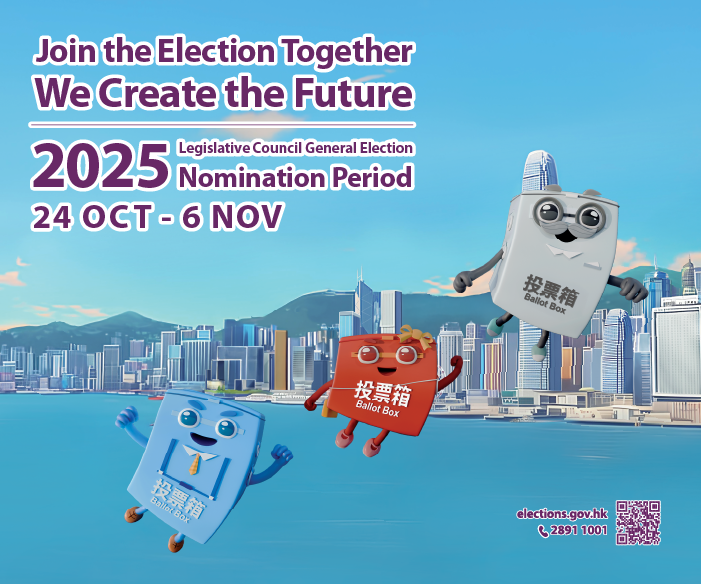How can HK rejig its hospitality industry in the wake of the pandemic?
Following the great reset caused by the challenges of the social unrest in 2019-20 and the COVID-19 pandemic, it is essential that Hong Kong should now reaffirm itself as a place with a unique identity, creativity, competitiveness, advanced infrastructure and an innovative spirit.
Change is inevitable; reversal is impossible. The hospitality industry must embrace the new reality, with new opportunities, new business models, and shifting consumer preferences.
 It is essential that the Hong Kong authorities embark on a robust, sophisticated, and professional worldwide image campaign supported by adequate funds.
It is essential that the Hong Kong authorities embark on a robust, sophisticated, and professional worldwide image campaign supported by adequate funds.
For several decades, the Hong Kong hospitality market was ranked among the strongest in the world, with high yields, strong performance, and profitability. The combination of domestically grown hotel brands with key global players, plus the wit and grit of local talent merged with the experience and skills of top overseas professionals, made Hong Kong’s hospitality scene a very enterprising and industrious landscape.
As an international city and a tourist destination, Hong Kong’s strengths lie in financial services, trade, transportation, communications, the best in culinary offerings, visitor attractions, top quality hotels, and many more … It is a must to reassess how the destination is promoted and marketed.
Among other things, it would be appropriate to reassess the tourism authority structure and strategies. Hong Kong should not treat all arrivals as tourists, which, in my opinion, is questionable, if not wrong.
I would break down all arrivals into four specific segments: Day visitors, tourists staying overnight, MICE (those taking part in meetings, incentives, conferences and exhibitions), and business travelers.
How can Hong Kong unleash the MICE sector’s full potential?
The Hong Kong authorities must accept the fact that MICE participants should not be treated simply as tourists. The city should also realize that it has enormous potential in this sector. I strongly believe that Hong Kong, with its huge potential to attract MICE business, requires experienced professionals to handle this high-caliber and sophisticated market. The city should be aware that its potential is already there: it can boast of modern airport, international flights, top-line hotels, top-notch meeting venues and communications, excellent shopping and food, a unique history and location, and many other attributes.
The MICE sector requires attention and needs to be treated separately from other tourism segments, perhaps even better with a different structure and reporting line. This is perhaps the most lucrative travel business that Hong Kong can attract but the city must accept the fact that all countries in the world are after these high-spending travelers and go all out to secure the business. Many countries such as Thailand have a special government authority to supervise MICE events, making it a distinct sector that is not part of the general tourism industry. MICE is a very sophisticated and demanding business, and in order to attract them, Hong Kong must have top professionals with a lot of worldwide experiences and connections handling this important market.
Overall Hong Kong is a unique place to visit, work, and live — one of the best freewheeling markets and safest cities in the world. Quality tourists expect higher standards in both economic and cultural terms, and a well-trained and motivated workforce with a positive attitude is simply imperative to welcome, serve, and attract them. After all, hospitality is a people-first business.
Giovanni Angelini is a 50-year veteran of the hotel-hospitality-travel industry, a longtime resident of Hong Kong, a retired CEO of Shangri-La International, and founder of Angelini Hospitality.
The views do not necessarily reflect those of China Daily.



